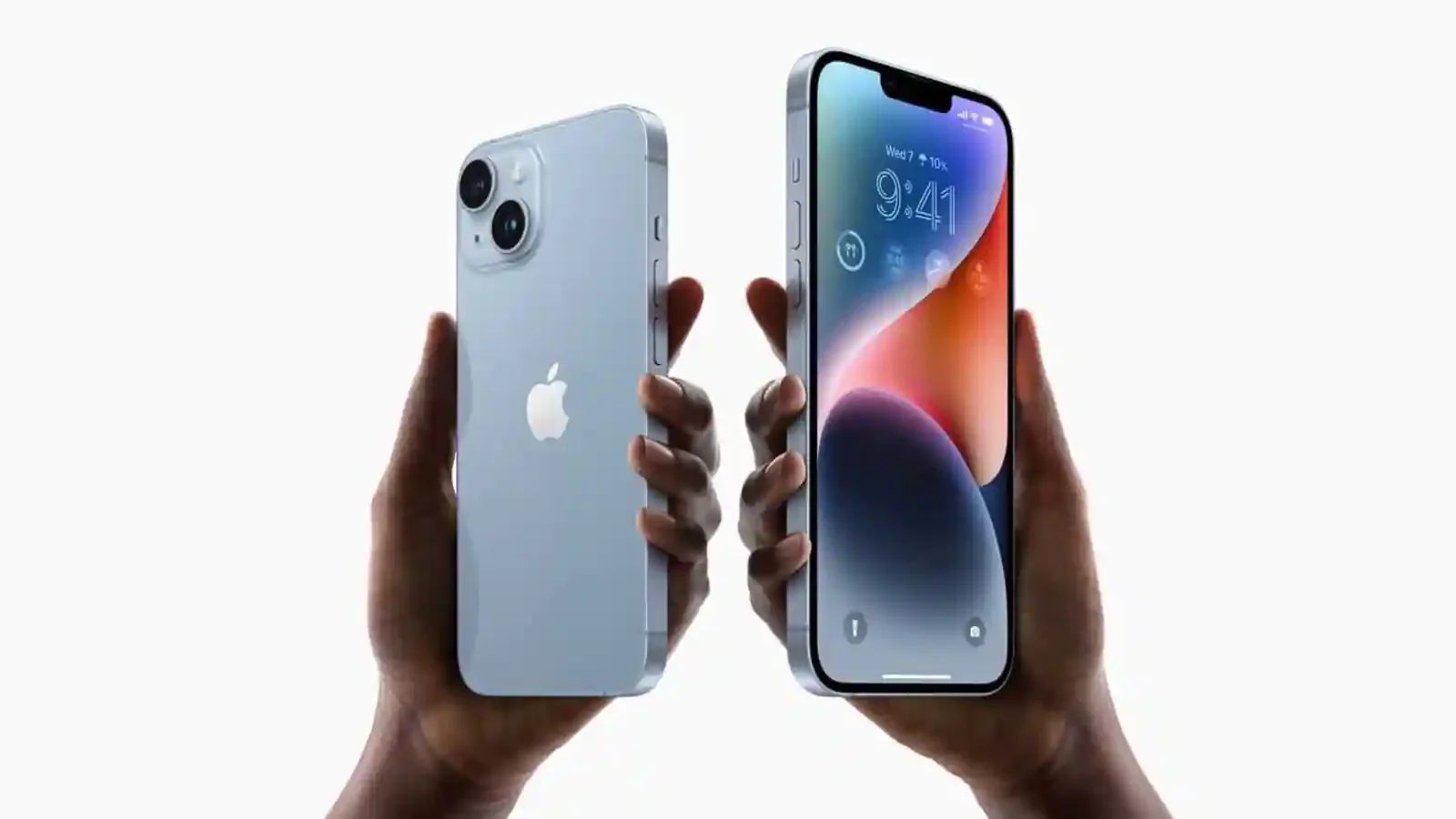Innovative Science on the Go: The Benefits of Smartphone Based Research in 2023

This innovative approach offers numerous benefits over traditional research methods. In this article, we explore the advantages of Smartphone Based Research. The rise of smartphones has revolutionized the way we interact with the world. We use them to communicate, stay informed, and entertain ourselves. However, smartphones are also increasingly being used as research tools in scientific studies.
Accessibility and Convenience
Smartphones are ubiquitous in modern society, with over 3 billion users worldwide. This widespread adoption means that smartphones are an accessible and convenient tool for research. Participants can complete studies from the comfort of their own homes or while on the go, making it easier to recruit and retain participants.
Real-Time Data Collection

Smartphones offer the ability to collect real-time data, providing researchers with a more accurate representation of participants’ behaviors and experiences. For example, sensors in smartphones can track physical activity, sleep patterns, and location. This data can be used to study health behaviors, mental health, and social interactions.
Cost-Effective
Smartphone-based research is cost-effective compared to traditional research methods. Researchers do not need to provide study materials or equipment, reducing the cost of conducting a study. Additionally, researchers can recruit participants through social media or online platforms, reducing the cost of recruiting participants.
Increased Participant Engagement
Smartphone-based research can increase participant engagement. Participants can complete surveys or tasks at their own pace, reducing the burden of participation. Additionally, smartphone-based research can be gamified, making it more engaging and enjoyable for participants.
Large Sample Sizes
Smartphone-based research can achieve large sample sizes, providing researchers with more statistical power. With over 3 billion smartphone users worldwide, researchers can recruit a diverse and representative sample of participants.
Ethical Considerations
Smartphone-based research raises ethical considerations, such as data privacy and security. Researchers must ensure that participants’ data is kept secure and that their privacy is protected. Additionally, researchers must obtain informed consent from participants and provide them with information about the study.
Advantages:
- Increased Accessibility: With the widespread adoption of smartphones, researchers can reach a larger and more diverse sample population, including those in remote or hard-to-reach areas.
- Affordability: Traditional research methods can be expensive due to the need for specialized equipment and resources. Smartphone-based research can significantly reduce these costs, making research more accessible to a broader range of researchers.
- Convenience: Smartphones are portable, and researchers can carry them around easily, enabling them to collect data anytime and anywhere. This flexibility and convenience make it easier to conduct longitudinal studies and monitor participants’ behavior over an extended period.
- Real-time Data Collection: Smartphones can collect data in real-time, allowing researchers to obtain immediate feedback on their research. This feature can enhance the quality of data collection and allow researchers to identify trends and patterns that may have been missed using traditional methods.
- Increased Participant Engagement: Smartphone-based research can be interactive, engaging participants through games, quizzes, or surveys, making the research process more enjoyable and increasing participant motivation to complete the study.
- Large-Scale Data Collection: With the ability to collect data from a large number of participants simultaneously, smartphone-based research can produce more extensive and representative datasets, allowing researchers to draw more accurate conclusions from their findings.
In summary, smartphone-based research offers several advantages that make it a valuable tool for researchers in various fields. It can increase accessibility, affordability, and convenience while enabling real-time data collection, enhancing participant engagement, and facilitating large-scale data collection.
Read More:Maximizing the Potential of Your Smartphone: Tips and Tricks for Science Enthusiasts
Conclusion
smartphone-based research has revolutionized the way we conduct scientific investigations. This innovative approach to data collection offers many benefits, such as increased accessibility, affordability, and convenience. With the proliferation of smartphones and the development of various mobile applications, scientists can now carry out research projects in a more efficient and effective manner. The use of smartphones for data collection has also opened up new avenues for research in areas where traditional methods may not be feasible or practical. As we continue to advance technologically, smartphone-based research will undoubtedly play an increasingly important role in scientific inquiry, enabling researchers to gather data in real-time and on a larger scale.
FAQs
- What types of studies can be conducted using smartphones?
Smartphones can be used to conduct a wide range of studies, including health behaviors, mental health, and social interactions.
- How can researchers ensure data privacy and security in smartphone-based research?
Researchers can ensure data privacy and security by using secure servers and encryption methods, obtaining informed consent from participants, and providing them with information about the study.
- Can smartphone-based research achieve representative sample sizes?
Yes, smartphone-based research can achieve representative sample sizes with over 3 billion smartphone users worldwide.
- Can smartphone-based research be gamified?
Yes, smartphone-based research can be gamified, making it more engaging and enjoyable for participants.
- Are there any ethical considerations when conducting smartphone-based research?
Yes, researchers must ensure that participants’ data is kept secure and that their privacy is protected. Additionally, researchers must obtain informed consent from participants and provide them with information about the study.











2 Comments